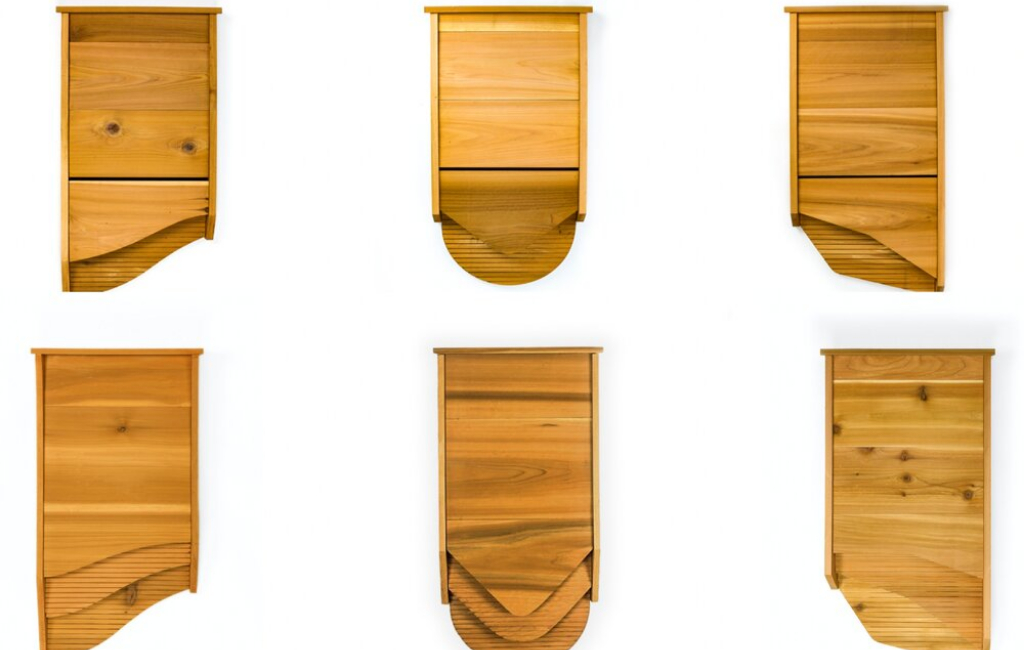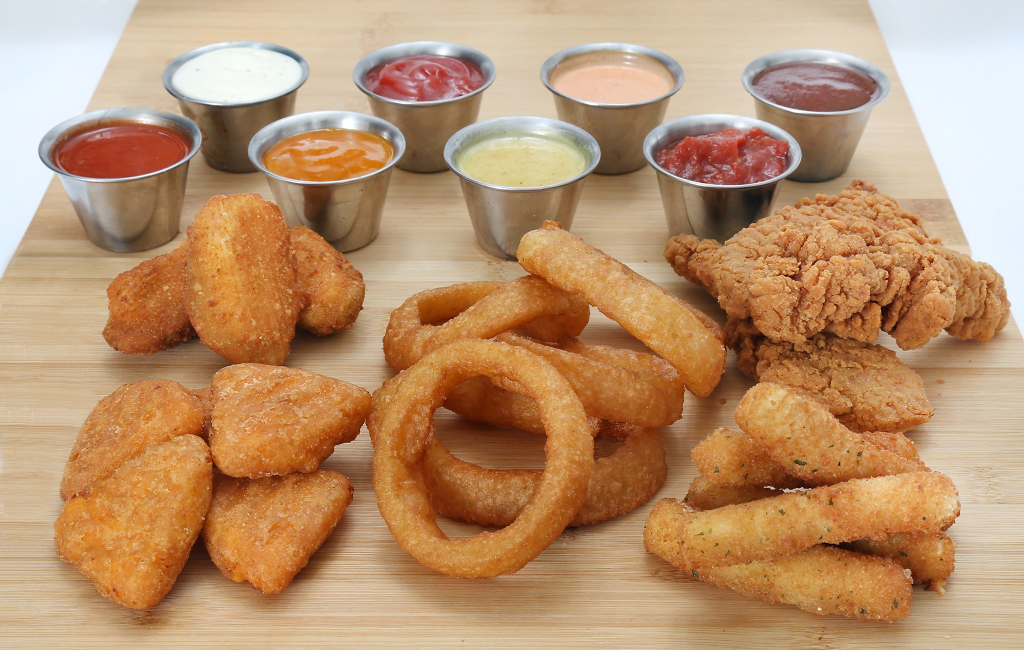Coyote Vest Body Armor For Pets
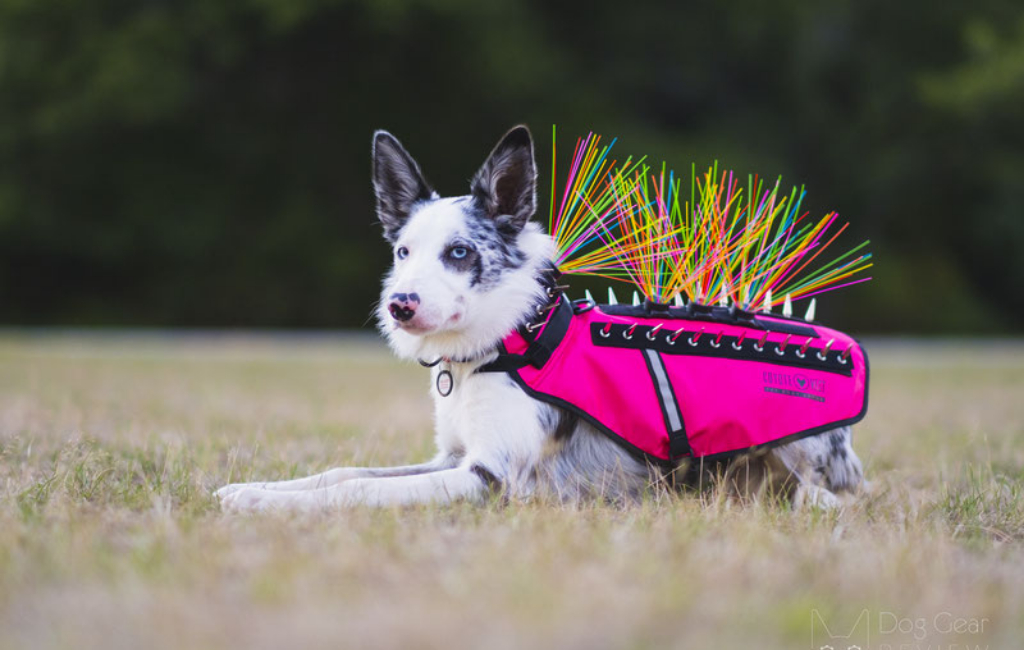
NO DEAL
EPISODE SUMMARY
🕓 Air Date: May 12, 2019
Asking For:
$250,000 for 10%
Investor:
No Deal
Deal:
No Deal
PRODUCT SUMMARY
CoyoteVest is a stab-resistant body armor designed to protect dogs from attacks by coyotes and other predators. It features spikes and coyote whiskers to deter attackers.
WATCH HERE
IN A RUSH?
Click these to jump to the section you want to read.
Background Story
Paul and Pamela Mott, the founders of CoyoteVest Pet Body Armor, hail from the coastal city of San Diego, California. Their entrepreneurial journey began after a heartbreaking incident at a local dog park that inspired them to create a unique solution to a pervasive problem. The catalyst for CoyoteVest was the loss of their beloved dog, Buffy, who was snatched by a coyote during a seemingly routine outing. This traumatic event spurred Paul and Pamela into action, driving them to devise a product that could protect dogs from the ever-present threat of aggressive wildlife.
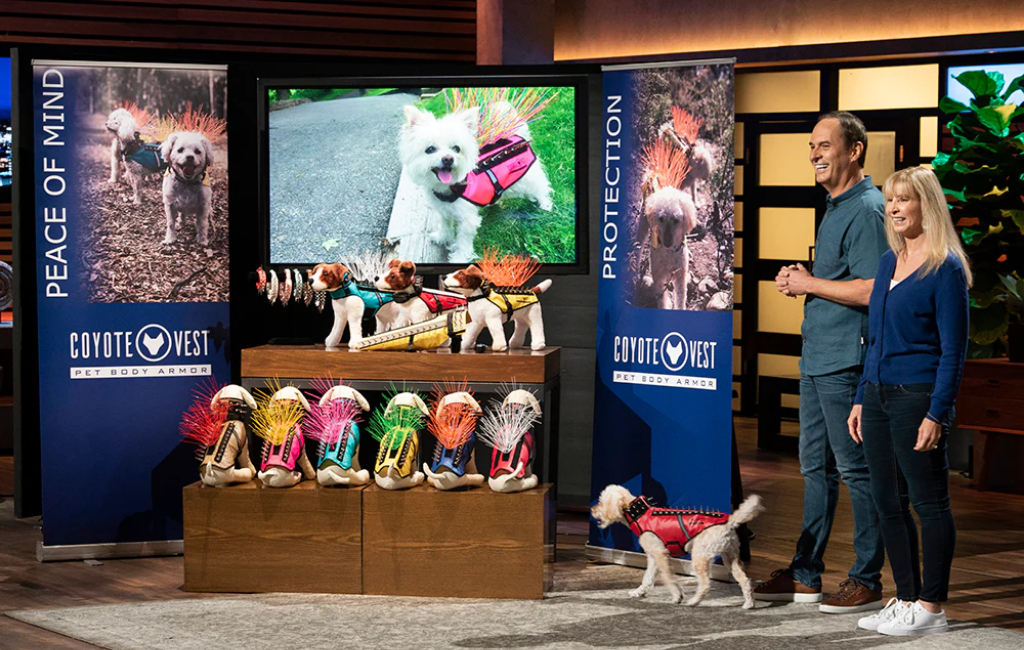
Paul Mott, likely drawing on his entrepreneurial spirit and problem-solving skills, collaborated with his wife Pamela to create the CoyoteVest. Their determination to prevent similar tragedies for other pet owners led to the development of a stab-resistant body armor designed specifically for dogs. The product features metal spikes and coyote whiskers, strategically placed to deter potential attackers and buy precious moments for owners to intervene. Coming from San Diego, a city known for its love of pets and outdoor activities, the Motts recognized the widespread concern among dog owners facing the constant danger of coyotes, aggressive dogs, and birds of prey.
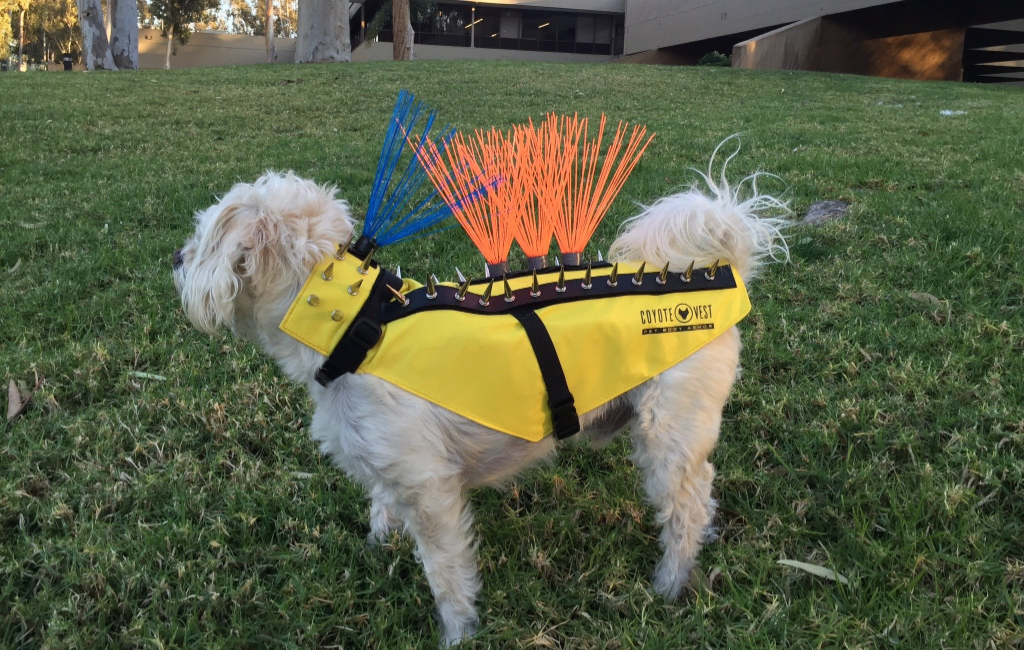
Their background experience in overcoming hurdles in production, including setting up a miniature factory, reflects their hands-on approach to bringing their vision to life. In crafting the CoyoteVest, the Motts not only aimed to address a personal tragedy but also sought to offer peace of mind to countless dog owners facing similar risks. The product stands as a testament to their commitment to the safety and well-being of fur babies everywhere, with its innovative design born out of a real and deeply personal need for canine protection.
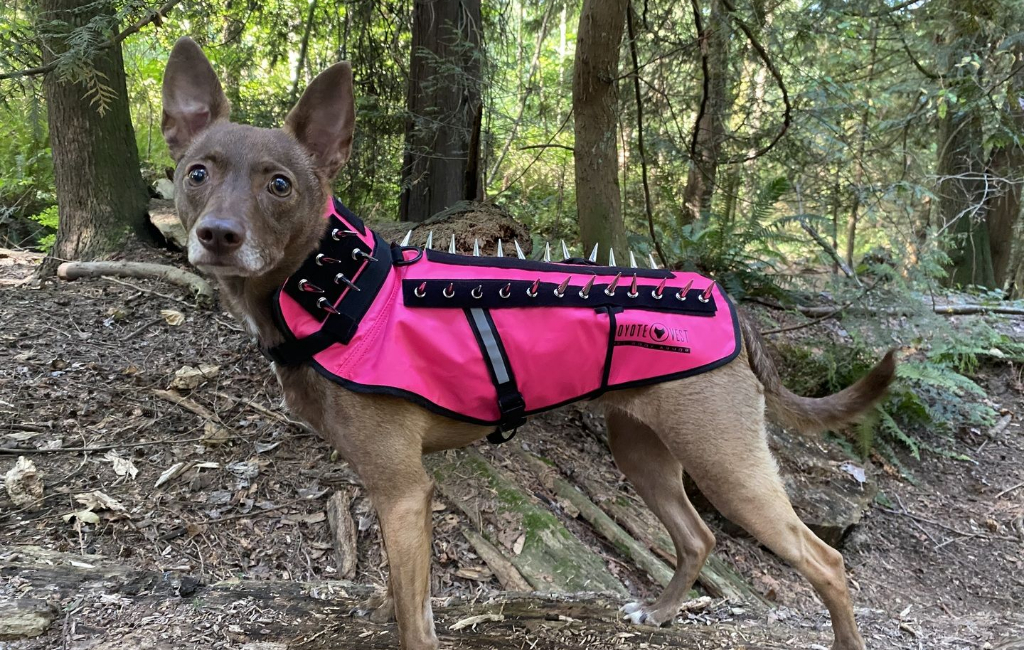
The Product
CoyoteVest Pet Body Armor is a cutting-edge solution designed to safeguard dogs from potential attacks by predators like coyotes, aggressive dogs, and birds of prey. This innovative product combines functionality with a unique and effective design to provide maximum protection for furry companions.
The body armor is crafted from lightweight, stab-resistant materials and features metal spikes strategically positioned to prevent attacks. The spikes are designed to puncture the roof of an attacker’s mouth, bringing a swift end to any potential threat. Additionally, the inclusion of coyote whiskers serves to instill doubt in the mind of the predator, acting as a visual deterrent.
The CoyoteVest is easy to use and fits comfortably on a dog, allowing them freedom of movement while providing a critical layer of defense. It is available for purchase directly through the company’s website, with the kit, as seen on the show, priced at $120. The production cost is $30, reflecting a balance between affordability for pet owners and a sustainable business model.
This protective gear is not only a practical solution for dog owners facing wildlife threats but also serves as a visually striking accessory. The product’s unique design, coupled with its functional features, positions CoyoteVest Pet Body Armor as an essential tool for pet safety, reinforcing the Motts’ commitment to ensuring the well-being of dogs in various outdoor environments.
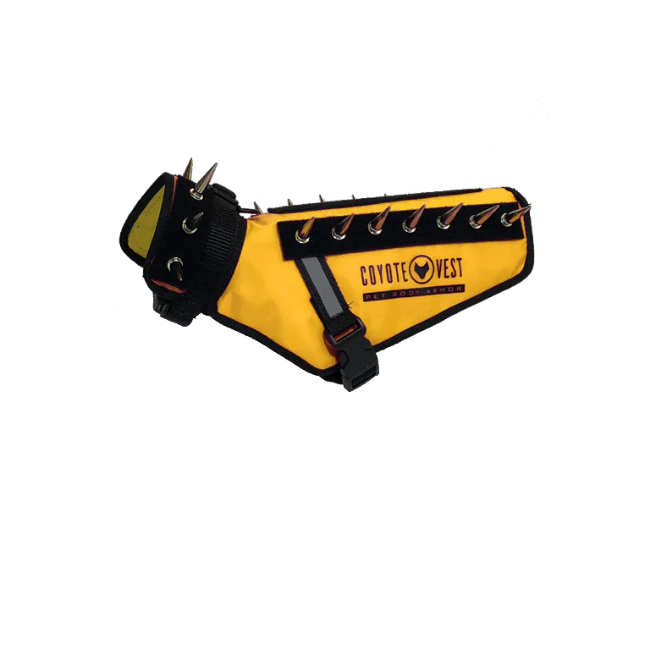
How It Went
The company’s position before Shark Tank
Since its inception 2.5 years ago, CoyoteVest Pet Body Armor has demonstrated a solid performance in the market, albeit with certain challenges and niche market dynamics. The company, based in San Diego, California, has positioned itself as a unique player in the pet safety industry, specializing in protective gear against wildlife attacks. Sales figures reveal a steady growth trajectory, with total sales reaching $570,000 since the company’s founding. Year-to-date sales stand at $260,000, showcasing consistent demand for their product.
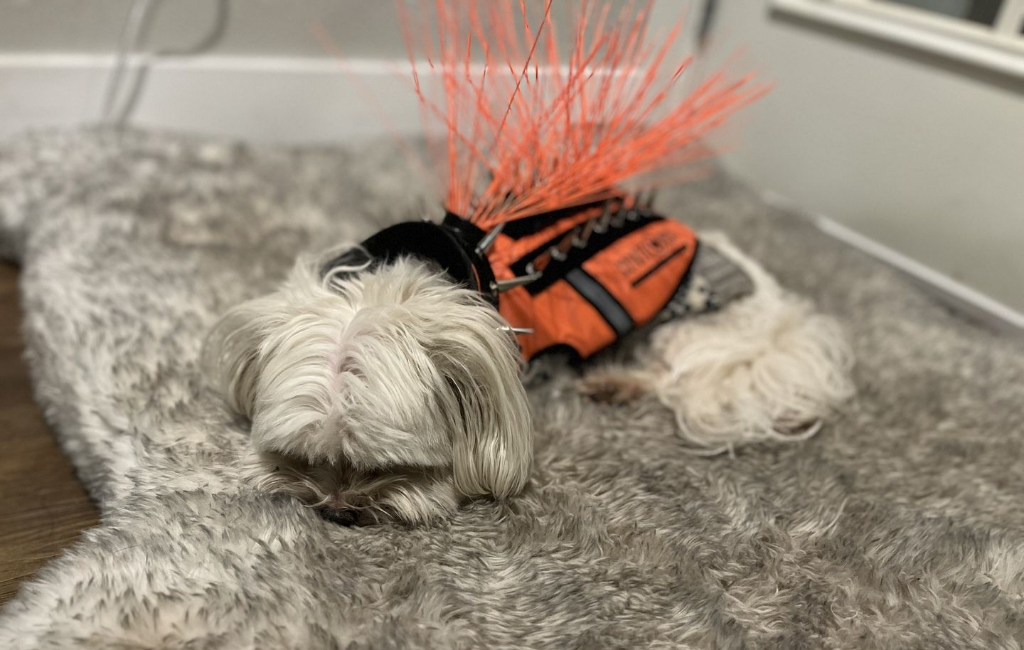
The company primarily sells directly through its website, offering the CoyoteVest kit at a price point of $120, with a production cost of $30. This demonstrates a healthy profit margin, aligning with the $250,000 for 10% equity sought during the “Shark Tank” pitch, valuing the company at $2.5 million. CoyoteVest Pet Body Armor manufactures its products in the United States, reflecting a commitment to quality and local production. The founders, Paul and Pamela Mott, have overcome hurdles in production, including setting up their own manufacturing facility to meet the demand for their innovative product.
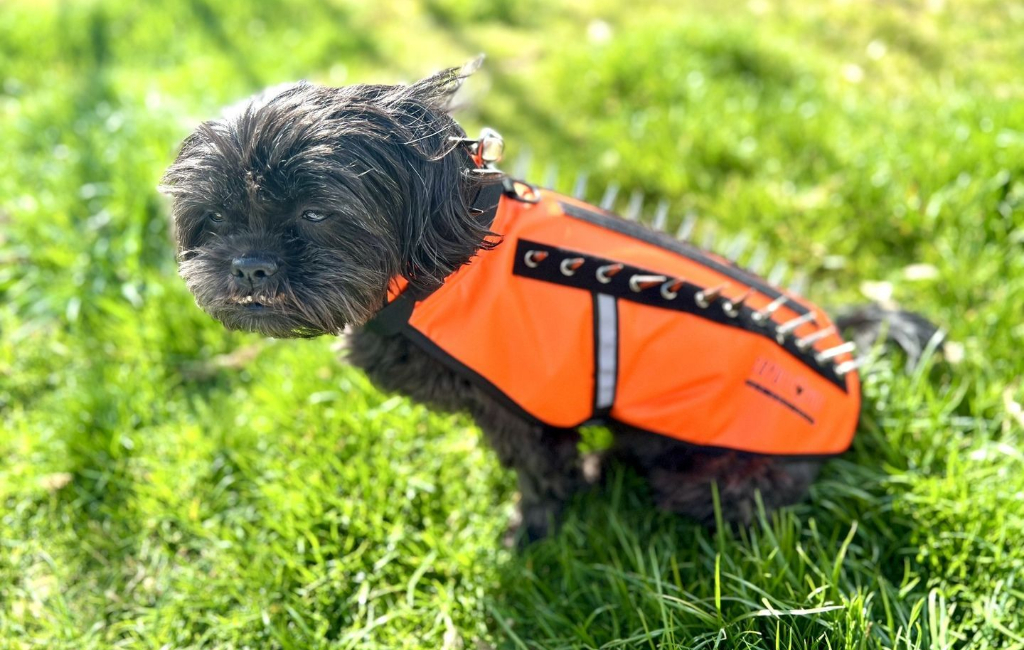
As for funding, details regarding the company’s current funding sources are not explicitly mentioned in the provided transcript. However, the founders expressed readiness to scale their production and had secured a manufacturer capable of delivering 1,000 vests per month.Given the niche nature of the product, CoyoteVest’s customer base is likely composed of dog owners concerned about wildlife threats, particularly in regions with a higher prevalence of such dangers.
The Negotiations:
The negotiation for CoyoteVest Pet Body Armor on “Shark Tank” unfolded with a blend of interest and skepticism from the Sharks. The founders, Paul and Pamela Mott, entered seeking a $250,000 investment for a 10% stake in their company, valuing it at $2.5 million. Kevin O’Leary, known as Mr. Wonderful, and Lori Greiner expressed concerns about the scalability of the business, with O’Leary highlighting the $2.5 million valuation for a company that hadn’t yet turned a significant profit.
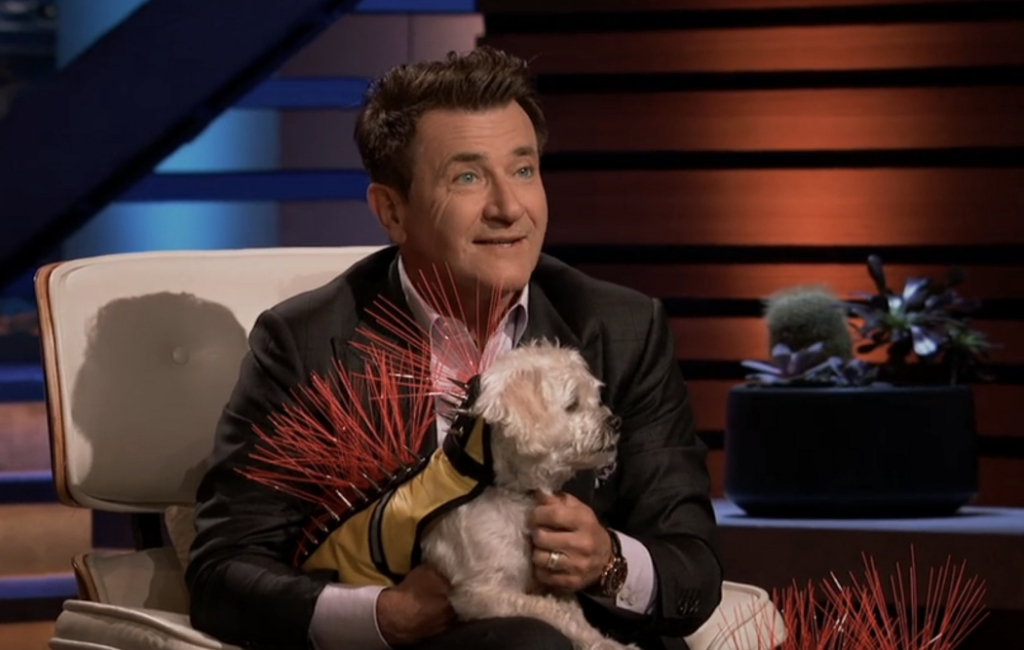
Despite acknowledging the product’s uniqueness and patent, O’Leary chose not to invest, stating that the valuation left little room for him as an investor. Mark Cuban, Barbara Corcoran, and Robert Herjavec also opted out, citing different reasons such as the limited market appeal and perceived risks associated with the product and its niche market. Cuban, in particular, suggested that the product might not be investable yet. Daymond John, a self-proclaimed dog lover, expressed interest but raised concerns about the factory operation and the involvement of young children, ultimately deciding to pass due to perceived risks.
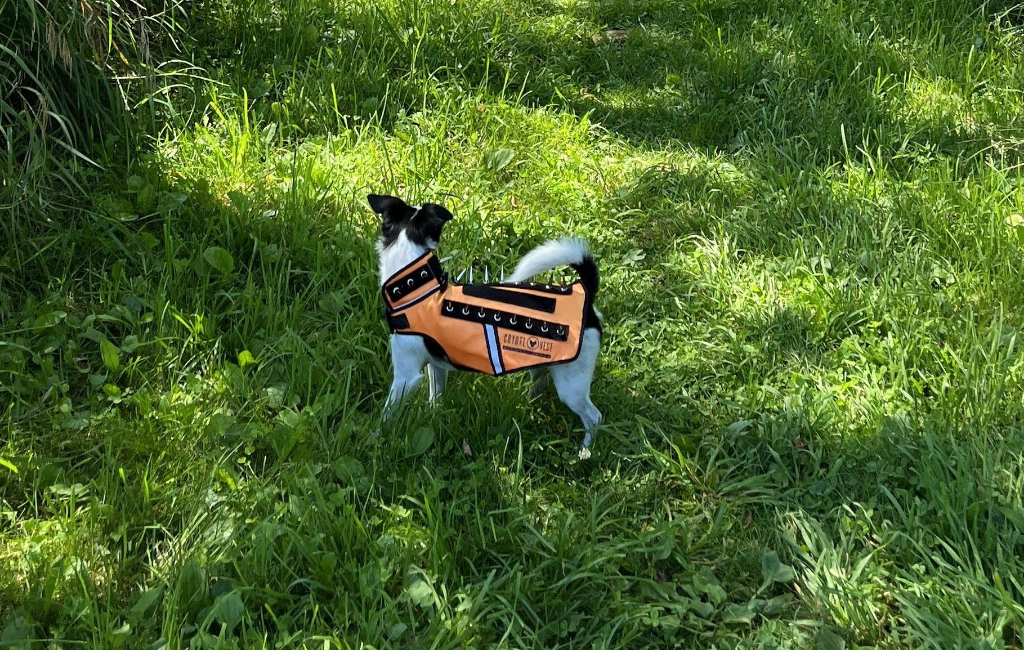
Despite not securing a deal, the Motts remained optimistic. They disclosed that they had overcome hurdles in production, including setting up their own manufacturing facility, and had secured a manufacturer capable of producing 1,000 vests per month. The negotiation ended with no Sharks investing, but Paul and Pamela expressed determination to continue forward, emphasizing the importance of their product in saving dogs’ lives.






